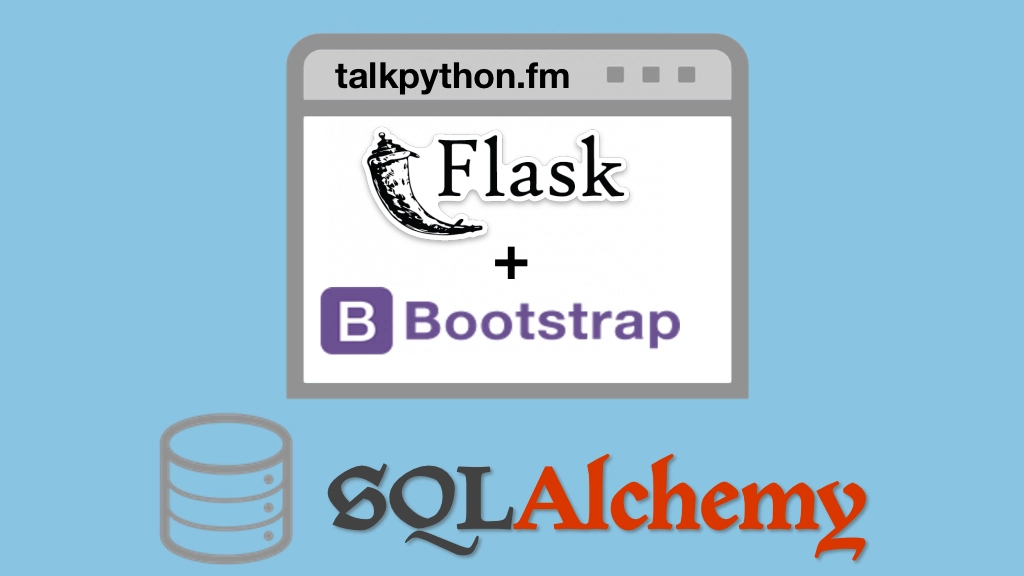Building Data-Driven Web Apps with Flask and SQLAlchemy Transcripts
Chapter: Course conclusion
Lecture: Deployment
Login or
purchase this course
to watch this video and the rest of the course contents.
0:00
Once you write your app it's no fun to have it locally. Web apps are only cool if they're on the internet and everybody can use them.
0:08
That's why they're so awesome. So we talked about how we would deploy our web app our pypi_org over to an Ubuntu server
0:16
running Nginx and uWSGI. There are other options like you could use Heroku or other Platform as a Service or something like that
0:23
but this is probably the most involved and complicated one so understanding this, you can understand the other things
0:28
like if you switched to Docker or Heroku. So we set up Nginx, which is the front-end web server. That's the thing browsers talk to when they attempt
0:36
to talk to our website. But when it comes to a Python request something within our web app Nginx behind the scenes delegates over to uWSGI
0:44
uWSGI is running this Emperor mode where it's actually managing a bunch of little worker processes
0:49
to improve responsiveness and scalability and whatnot. So then it's actually passing that on to one of the worker processes
0:56
get a response and it flows back out. This is pretty easy to set up once you've done it once or twice. It's pretty daunting at first.
1:03
However, you have all those scripts and all the configuration files you need are right there so you can go and check those out.
1:10
They're included in the source code and that should help a lot. Spend five bucks, get some kind of server that runs Ubuntu like this
1:16
dedicated to you, you got a pretty good site.
